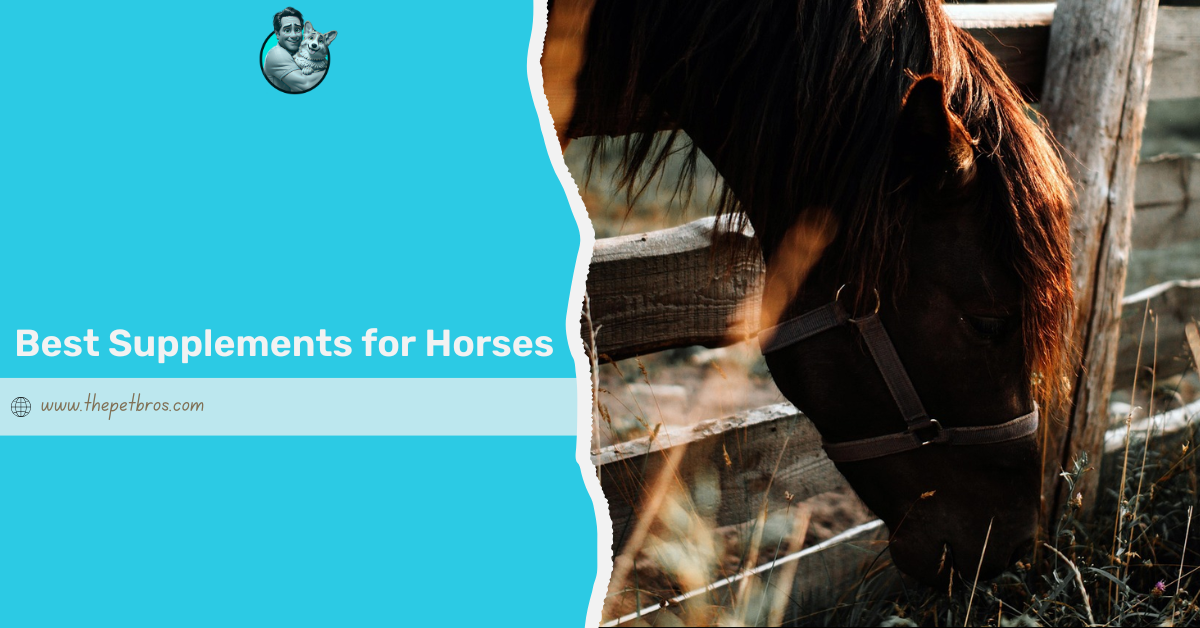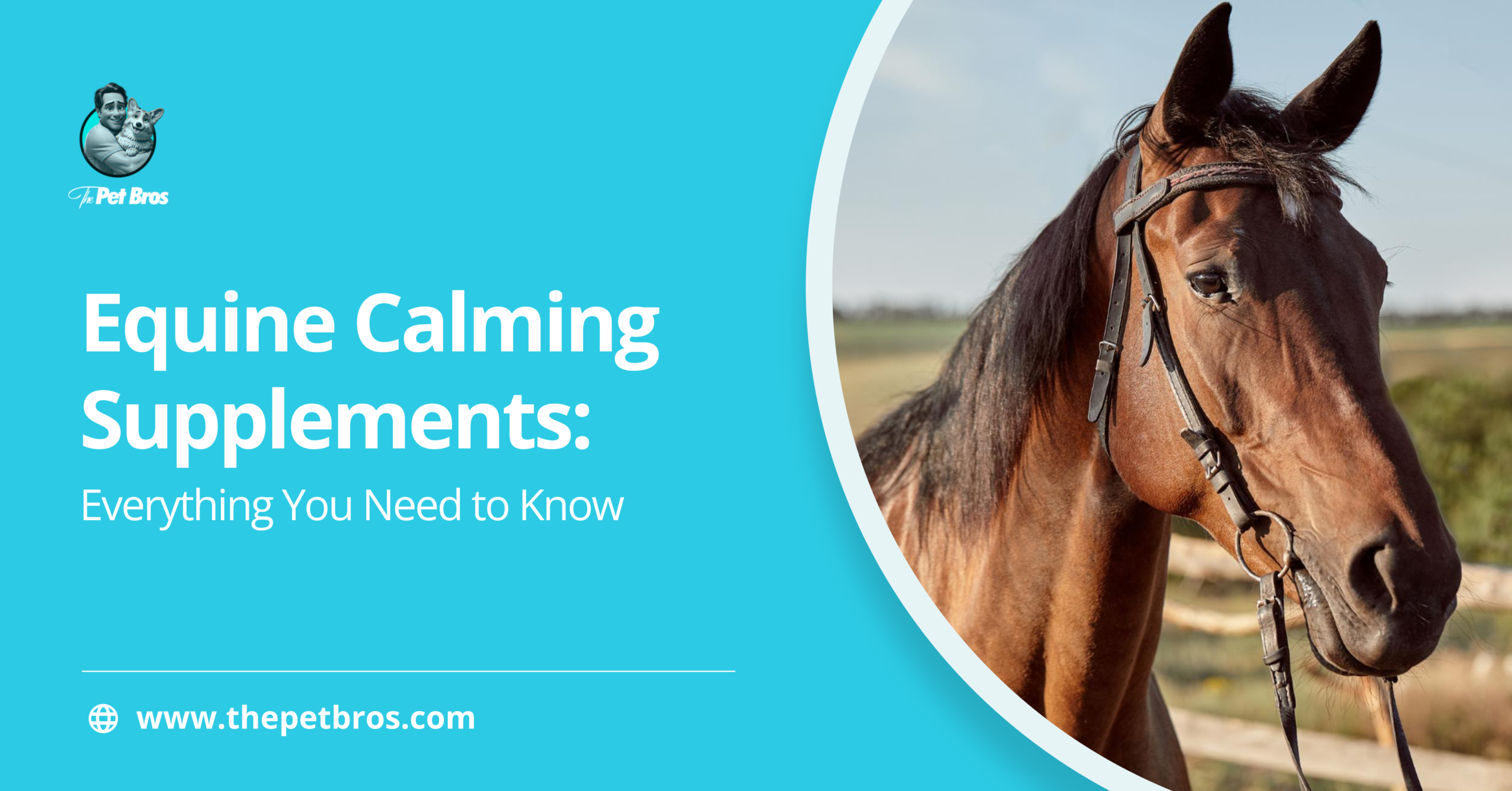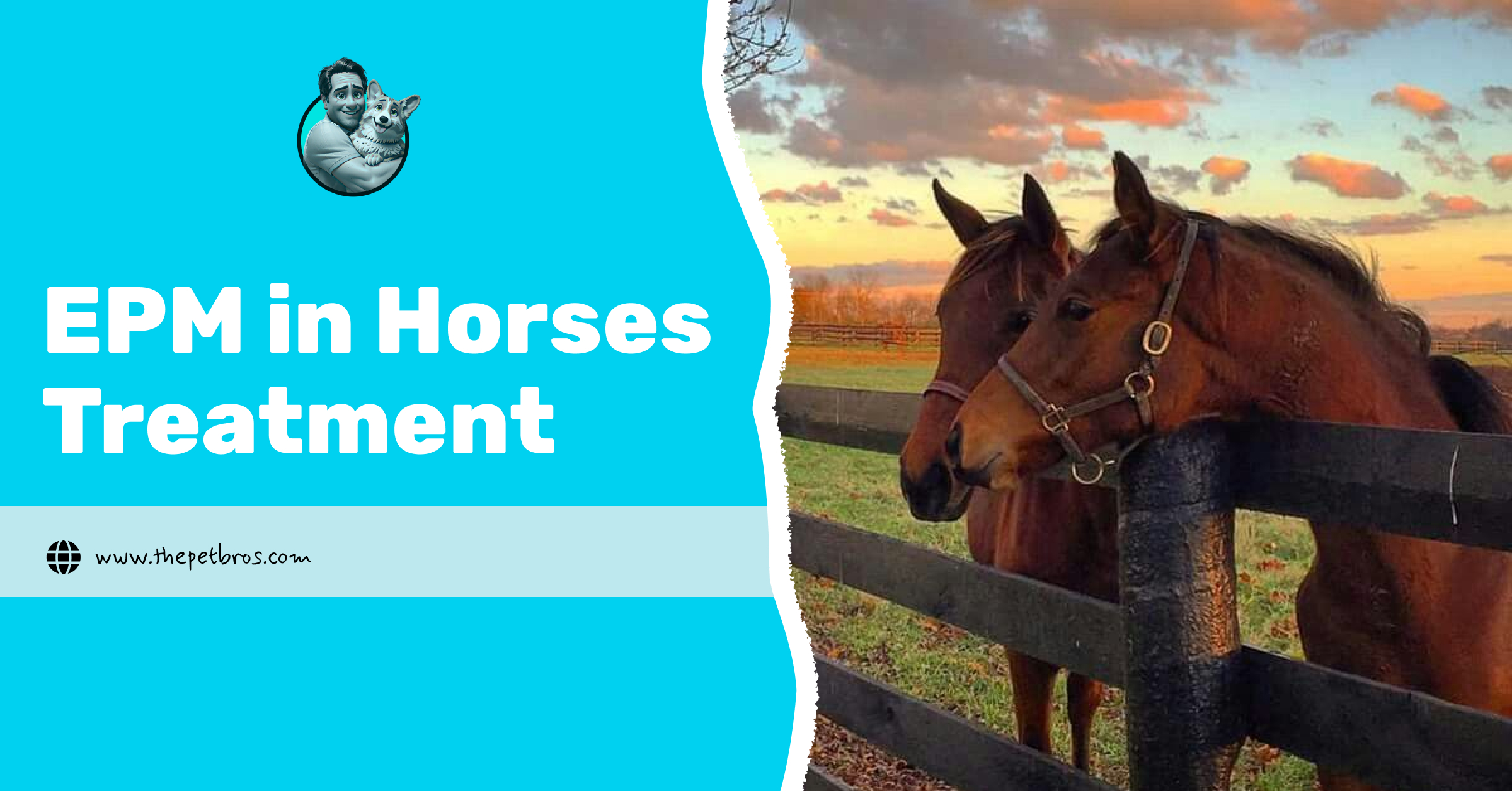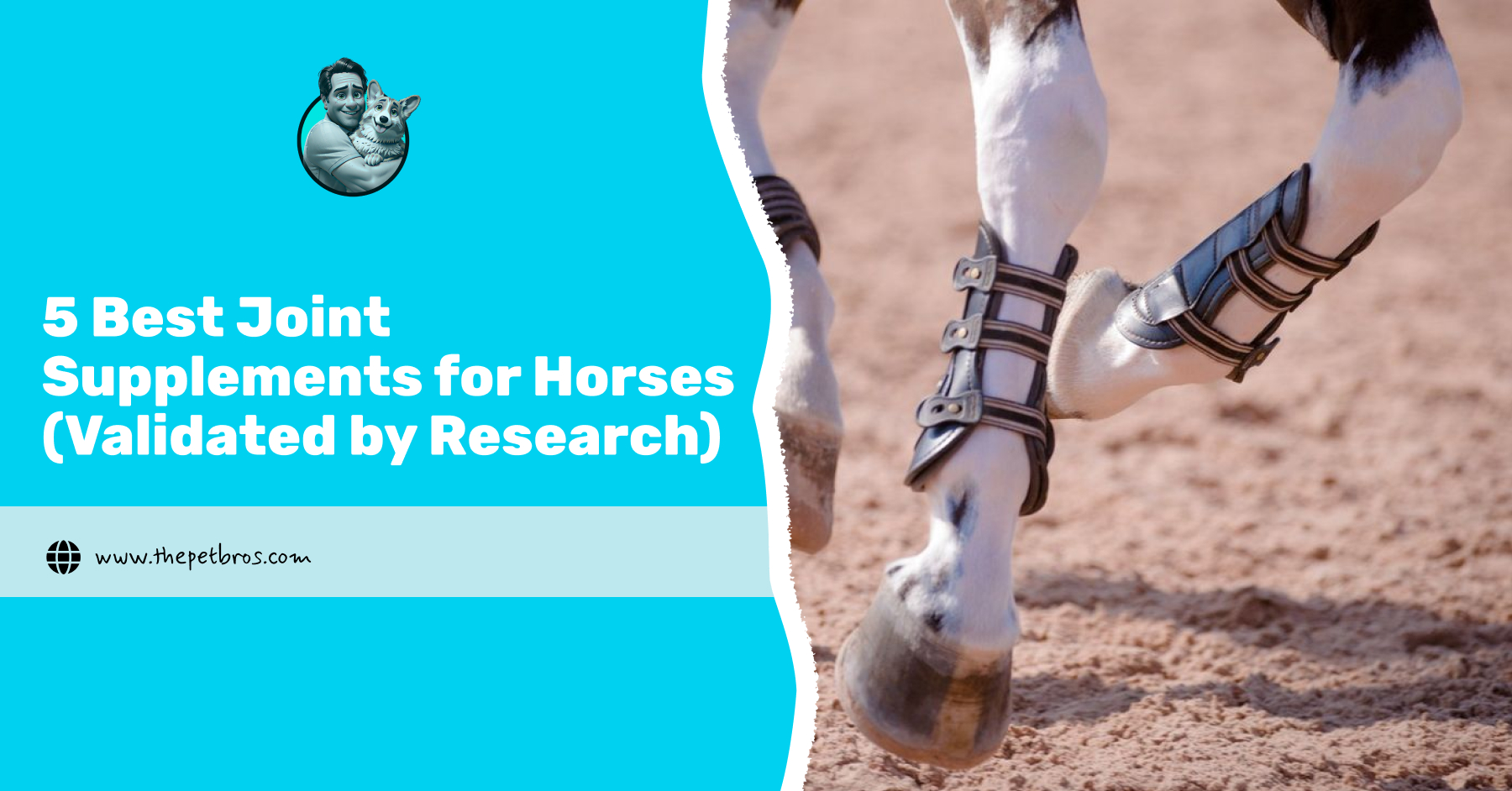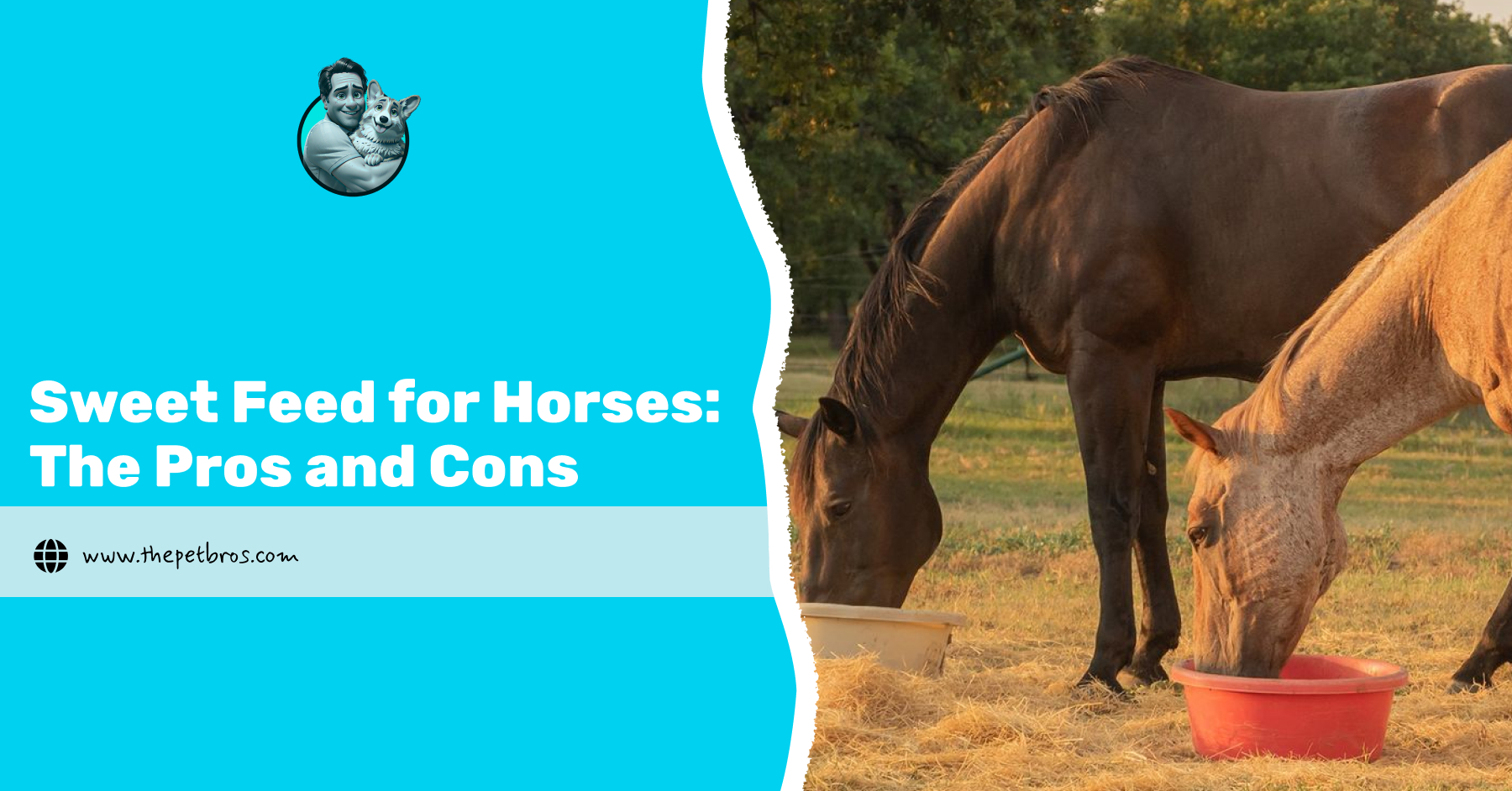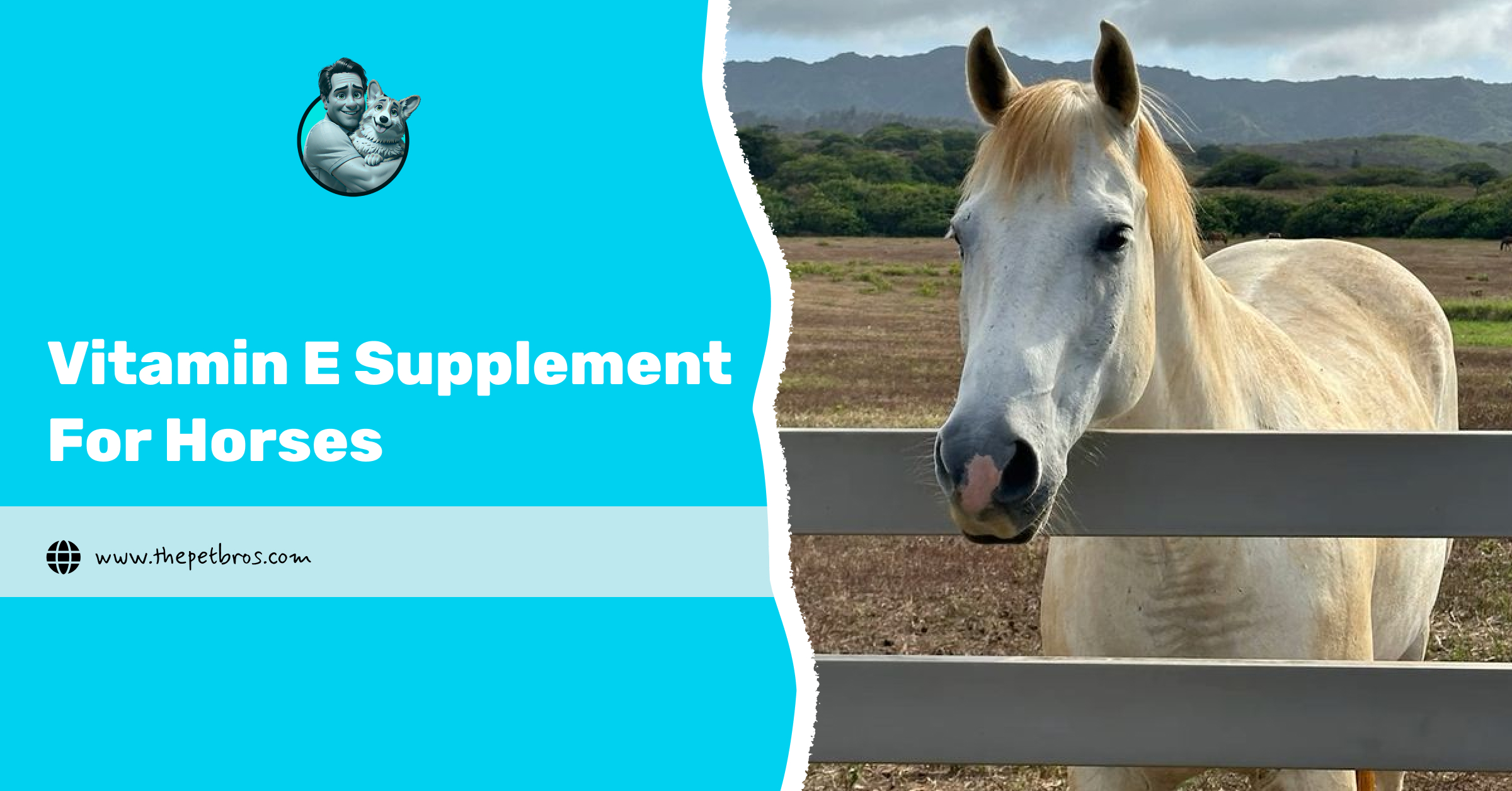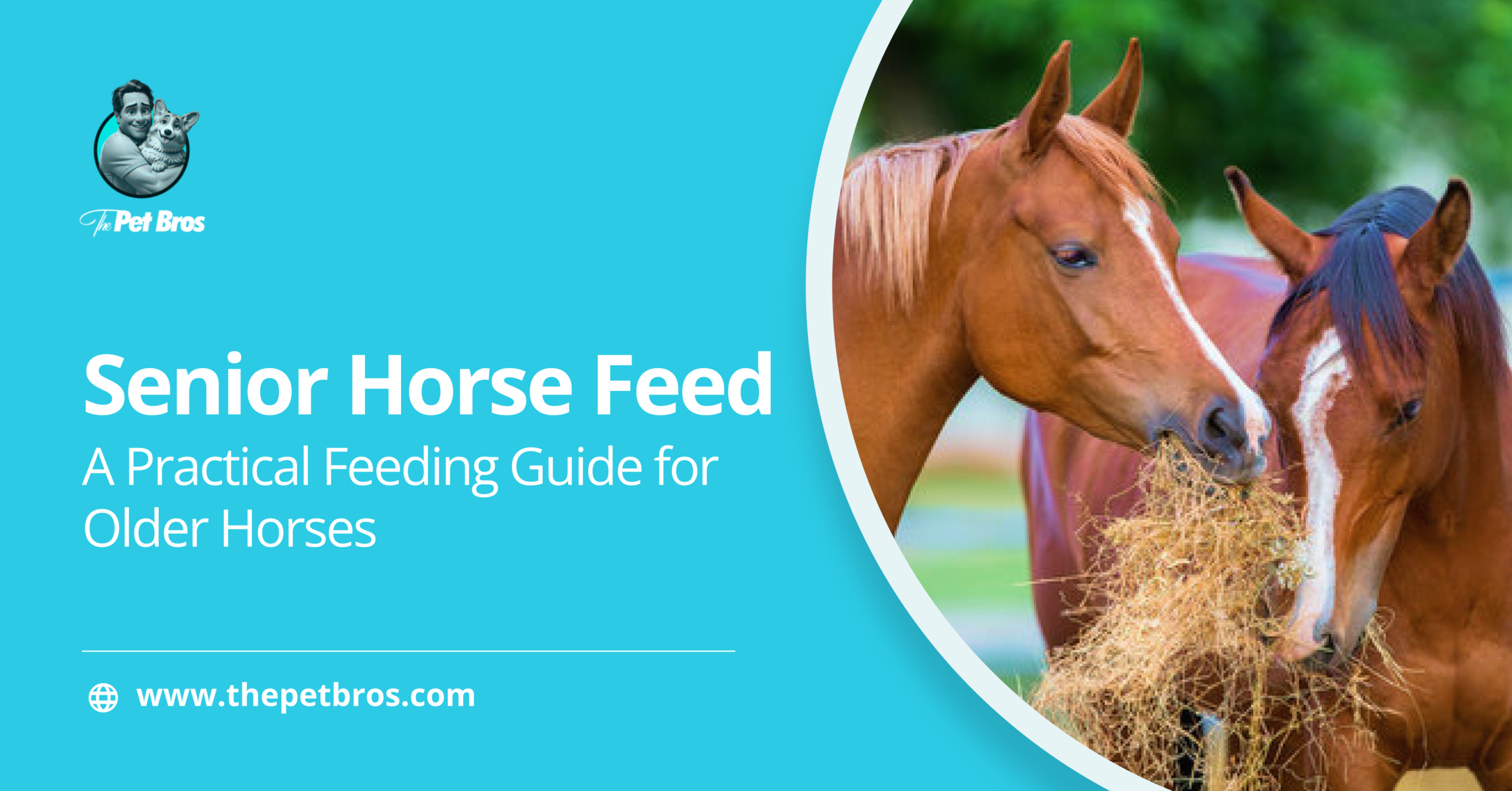Owning a horse is a big flex as it promises lots of adventure and the elegance of equine companionship. Now, that’s the flowery part. The real question is, “Do you know how to take care of a horse?” Giving your horse a name is easy, but the care and attention they need are tricky and can easily be the biggest hurdle in your horse-owning journey. You might think you’re doing things right, but your horse is one step away from their last straw.
Have you heard the saying that “you can lead a horse to water, but you can’t make him drink?” Well, that could be you struggling to keep your horse in line if you keep on going about caring for them the wrong way. That’s one scary eventuality, but we’ve got you.
Now, to make sure that never happens, we’ve put together essential tips to make your horse-owning journey a delightful horse ride. We’ll be breaking down how to take care of a horse into 10 actionable tips.
10 Essential Tips on How to Take Care of a Horse
Think of this as your cheat sheet for keeping your horse healthy and happy. We’ve covered the essentials, and all that is left is for you to read through and implement these 10 tips. Ready or not, here we go!
1. Provide the Right Shelter for Your Horse
Just like you, your horse needs protection from unpredictable weather conditions. Too much sun can cause heat stress, and constant rain can equally lead to chills and muddy conditions. A good shelter should shield your horse from these conditions, thus preventing health issues and keeping them comfy. A home should be a happy place, so you need to ensure your horse is comfortable and safe there.
If you prefer horse stables, maintain a clean, dry environment with fresh bedding. Ensure proper ventilation and enough room for your horse to move around comfortably. However, if you prefer a field shelter, position it on higher ground to avoid flooding and make it sturdy and waterproof. But ensure there’s enough space for all horses to use it together peacefully.
Generally, you must regularly check for possible damage to your horse’s shelter. Whenever you spot any, repair it immediately to keep the shelter safe. When you do this, your horse will show you its demure side.
2. Feed Your Horse a Balanced Diet
Getting your horse’s diet right is key to keeping them happy and healthy. This is very essential in learning how to take care of a horse. This is why we advise you to start with good-quality hay or grass as the foundation of their diet. It provides the fibre they need for a healthy digestive system. If your horse works hard, you can introduce concentrates like grains or pelleted feeds, but you don’t need to overdo it. The trick is to keep the extra food proportionate to their activity level.
Now, underfeeding your horse will leave them lethargic or weak, just as overfeeding can make them chunky, leading to joint problems or laminitis. A nutritionally balanced and well-proportioned diet keeps their energy levels steady and supports their overall well-being. How can you forget fresh water? Horses drink gallons daily, so ensure they always have a clean, constant supply.
3. Groom Your Horse Regularly
Grooming your horse isn’t always about making them look pretty. It’s more about keeping them healthy. When you brush their coat regularly, it remains shiny and free of dirt, reducing the risk of skin issues and helping you spot any sneaky injuries, lumps, or sores before they become a problem. So, it’s imperative to make daily brushing a habit.
To do this, use a soft brush for their body and a mane comb for those flowing locks. As you do this, check for unusual bumps, cuts, or tender spots. While this is like a daily mini health check, the attention equally strengthens your bond with your horse. So, grab your brushes and keep your equine pal looking and feeling tip-top with a regular grooming routine.
4. Care for Their Hooves Properly
You see, taking care of a horse, especially their hooves, is a must if you want them trotting happily. If you neglect this critical aspect of their grooming, it simply means you’re asking for trouble because lameness can ruin their day and, equally, yours. Healthy hooves mean a healthy horse. Hence, you must make hoof care a top priority. As you check their coat daily, check their hooves and pick them out gently to clear away any stones, mud, or debris that could cause discomfort.
Similarly, look out for cracks, splits, or anything that seems off. Also, don’t forget to book regular visits from your farrier, at least every six to eight weeks, to keep those hooves trimmed and balanced. A good farrier is worth their weight in gold, so find one you trust.
5. Ensure Your Horse Gets Enough Exercise
No way you thought you could keep a horse without engaging them in physical activities. Keeping your horse moving is vital for their body and mind. They can get unfit, put on unnecessary weight, or become a bored, grumpy pony without enough exercise. Regular movement ensures that their muscles remain strong, their joints supple, and their spirits high.
Just make sure they get daily turnout in a paddock to stretch their legs and have a good roll so they’re ready for whatever adventures you’ve planned. If you can ride them regularly, please do so. This hack will help keep your horse fit and engaged and help you to bond better.
If you need extra fun, you can resort to some enrichment like ground poles, cones, or even horse-safe toys to spark their curiosity. Every horse is different, so it’s important that you tailor their exercise according to their age, fitness, and personality.
6. Allow Your Horse Social Time with Other Horses
Horses sure have the looks for the social butterflies that they are. Being herd animals, they thrive with company, and keeping them isolated can stress them out and make them gloomy. When your horse is lonely, it can develop bad habits like cribbing or turn downright miserable.
It’s best to create a social time for them as it will keep your horses’ spirits high and leave them to be their natural, chatty, and showy selves. So, if you can, you should get your horse a companion. Another horse would be perfect, but a pony, or even a friendly goat, will do the trick equally. Ideally, let them share a field or stable next to each other so they can nuzzle, groom, or just hang out.
However, if you can’t find a full-time buddy, you can arrange regular playdates or turnout with other horses to keep your horse in tune with its true nature. Watch them interact, and you’ll see how much they thrive in company.
7. Take Your Horse for Routine Health Checks
How do you take care of a horse if you don’t stay ahead of health issues? It’s literally impossible. Prevention is way easier and cheaper than dealing with a poor horse, so routine check-ups are non-negotiable.
Regular care catches little problems before they become big dramas, while keeping your horse fit and ready to gallop. So, stick to a vaccination schedule to protect against nasty diseases like tetanus or the flu.
You cannot claim to know how to take care of a horse if you don’t routinely de-worm. It is a must. Follow your vet’s advice on a plan tailored to your horse’s needs to keep pesky parasites at bay.
Don’t skip dental checks either! A horse with sore teeth can’t chew properly, and that’s no fun for either you or them. Book visits with your vet or equine dentist at least once a year.
8. Avoid Sudden Changes to Your Horse’s Routine
Horses absolutely love a predictable routine. When you throw in sudden changes, you’ll have an awkward pony. Abrupt shifts can mess with their mood, so keeping things steady is the way to go. If you ever need to mix things up, take it slow. New routines, like a different turnout schedule, should be eased gradually to avoid confusion.
For instance, if you’re switching their feed, blend the new stuff with the old one over a week or two to let their digestive system adjust. Similarly, if you’re moving to a new yard or introducing new environments, give them time to settle with familiar objects or a buddy. By making nice and gentle changes, you’ll keep your horse calm, content, and ready for whatever comes next.
9. Read the Body Language of Your Horse
Horses use subtle body language to tell you what’s going on in their heads. Tuning into these signs helps you understand how they feel, teaching you exactly how to take care of your horse. Take time to observe their expressions and movements.
Are their ears pricked forward? Try to find out what’s arousing their curiosity. Are their tails swishing or ears pinned back? They might be annoyed or in pain. Watch their eyes, posture, and how they move to gauge their mood. A relaxed horse might lower their head or chew softly, whilst a tense one fidgets. To get the full picture, spend time observing them in different situations, like during grooming or turnout.
10. Earn Your Horse’s Trust Through Patience
A nervous horse can be tough to manage, but building trust makes all the difference. When your horse trusts you, they’re calmer, more cooperative, and a joy to be around. It’s all about showing them you’re their safe place; that takes patience and consistent reassurance that you’re there for them.
Spend quiet time together with your horse, even if it’s just by hanging out in their stable or paddock. Let them get used to your presence without pressure. If you have any, introduce your friends to them or your children. Most importantly, always use gentle handling, moving slowly and speaking softly to keep them at ease.
Whenever you introduce your horse to anything, be it a new tack or a new environment, let them acclimatise at their own pace. Never rush or force them to accept new norms. Small, consistent acts of kindness go a long way, like a gentle scratch or a calm routine.
Concluding Thoughts
Understanding how to take care of a horse is all about love, consistency, and understanding. Stick to steady routines, including whatever names you call them, medical checkups, master their body language, and build trust with patience to strengthen your bond. Imbibing these tips means your horse will remain in top shape and a trusty companion. Cheers to many happy rides and quiet moments with your equine mate!
Frequently Asked Questions
How often should I groom my horse?
Groom your horse daily to keep their coat healthy and to spot any injuries or skin issues.
Can I leave my horse alone overnight?
You can leave your horse alone overnight if it has access to shelter, food, water, and a safe environment, but regular checks will help to reassure it.
How do I know if my horse is stressed?
Look for signs of stress, such as pinned ears, tail swishing, pacing, or changes in eating habits, which indicate that your horse may be unsettled.
What’s the best way to bond with my horse?
Spend quiet time with them, use gentle handling, and be patient to build trust and strengthen your bond with your horse.







